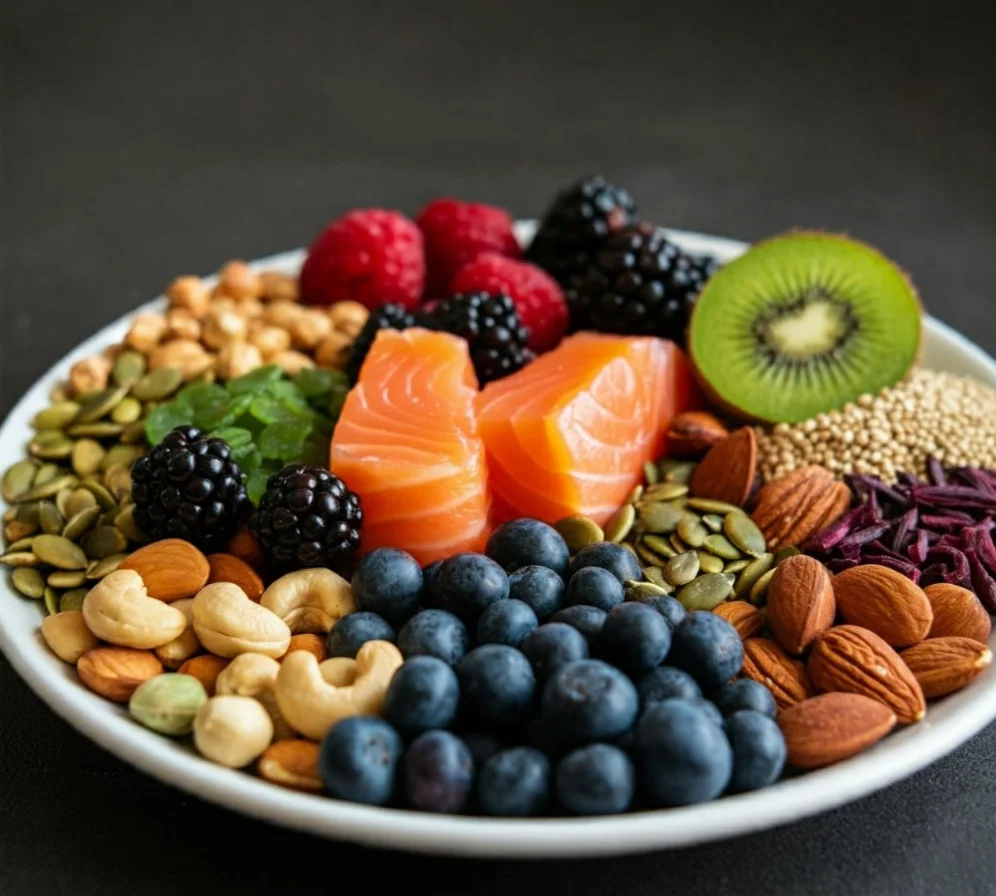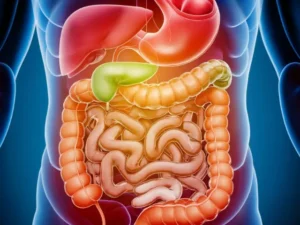Ever Feel Like Your Performance is Plateauing, Despite Crushing Your Workouts?

You’re eating right, training hard, and fueling your body with the perfect macros. Yet, you’re still feeling sluggish, your muscles aren’t recovering as quickly, and those gains seem to be stalling. Sound familiar?
The missing piece of the puzzle might be lurking in the shadows of your nutrition plan: micronutrients.
The Unsung Heroes of Athletic Performance

Micronutrients – those tiny but mighty vitamins and minerals – often get overshadowed by their macronutrient counterparts. But don’t be fooled by their size! These essential nutrients are the unsung heroes behind your peak performance, acting as catalysts for energy production, muscle function, immune support, and overall well-being.
Unveiling the Power of Micronutrients
In this in-depth guide, we’ll shine a spotlight on the critical role of micronutrients in athletic performance. Get ready to discover:
- The Science: What micronutrients are and how they work their magic within your body.
- The Essentials: The key vitamins and minerals athletes need to thrive.
- Tailored Needs: How micronutrient requirements vary depending on your sport, training intensity, and individual factors.
- Food First, Supplements Second: How to prioritize a nutrient-rich diet and use supplements wisely to fill any gaps.
From the Gym to the Podium: Unlock Your Full Potential

Micronutrients are not just about preventing deficiencies; they’re about optimizing your body’s engine to achieve peak performance, enhance recovery, and prevent injuries. Whether you’re a seasoned athlete or just starting your fitness journey, understanding the power of micronutrients is crucial for reaching your full potential.
Ready to Supercharge Your Athleticism?
Join us as we unravel the science behind these essential nutrients and equip you with the knowledge to fuel your body for success. It’s time to unleash your inner champion and take your performance to new heights!
Understanding Micronutrients: The Unsung Heroes of Athleticism
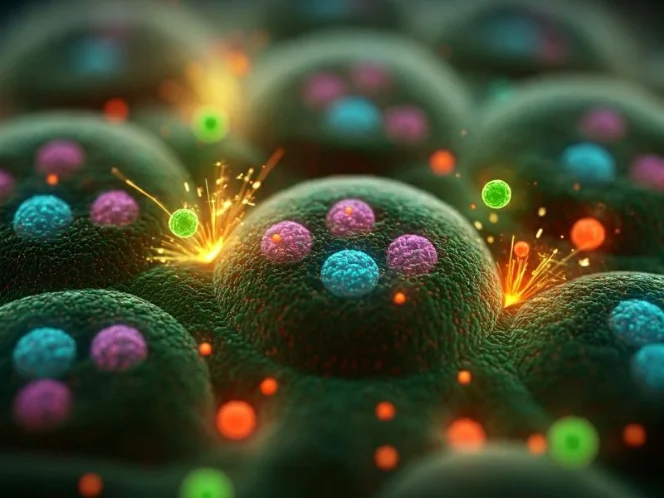
While macronutrients like carbohydrates, protein, and fats steal the spotlight in sports nutrition, don’t underestimate the power of micronutrients. These vitamins and minerals might be needed in smaller amounts, but they’re the unsung heroes that fuel your athletic engine, support muscle function, bolster your immune system, and pave the way for peak performance.
Think of macronutrients as the gasoline that powers your car, while micronutrients are the spark plugs, oil, and other essential components that keep the engine running smoothly. Without them, your performance would sputter and stall. Let’s delve deeper into the world of micronutrients and uncover their crucial roles in athletic success.
What Are Micronutrients? The Tiny Titans of Nutrition
Micronutrients are a broad category of essential nutrients your body needs in relatively small amounts. They include vitamins and minerals, each playing a distinct role in various bodily functions.
- Vitamins are organic compounds that your body can’t produce on its own (or not in sufficient quantities). They’re essential for growth, development, and a myriad of physiological processes.
- Minerals are inorganic elements that your body also needs to function properly. They play crucial roles in bone health, fluid balance, and nerve function.
Together, vitamins and minerals are the unsung heroes behind the scenes, working tirelessly to ensure your body operates at its peak.
Water-Soluble vs. Fat-Soluble Vitamins: Different Absorption Strategies
Vitamins are further classified into two groups based on how they’re absorbed and stored in your body:
- Water-soluble vitamins: These vitamins, including the B vitamins and vitamin C, dissolve in water and are easily absorbed by your body. However, they’re not stored in large amounts, so it’s important to consume them regularly through your diet.
- Fat-soluble vitamins: These vitamins, including vitamins A, D, E, and K, dissolve in fat and are stored in your body’s fatty tissues and liver. While this means you don’t need to consume them as frequently, it’s still important to ensure adequate intake for optimal health.
Understanding the difference between these two types of vitamins can help you make informed choices about your diet and ensure you’re getting the right balance of nutrients.
Micronutrients in Action: The Spark Plugs of Athletic Performance

Micronutrients are like the spark plugs in your car’s engine, igniting a cascade of reactions that power your athletic performance. Here’s how they contribute:
- Energy Production: B vitamins are essential for converting carbohydrates, fats, and protein into usable energy. Without them, your body would struggle to fuel your workouts, leaving you feeling fatigued and sluggish.
- Muscle Function: Minerals like calcium, magnesium, and potassium play critical roles in muscle contraction and relaxation. They also help maintain electrolyte balance, preventing cramps and dehydration during exercise.
- Immune Support: A strong immune system is essential for athletes who push their bodies to the limit. Vitamins like C and D, along with minerals like zinc and selenium, help bolster your immune defenses and keep you healthy and performing at your best.
- Recovery and Repair: Micronutrients like vitamin C and zinc are vital for collagen synthesis, a protein that plays a key role in tissue repair and wound healing. This is especially important for athletes who experience muscle damage and micro-tears during training.
By ensuring adequate micronutrient intake, you’re not just preventing deficiencies; you’re optimizing your body’s ability to generate energy, build and repair muscle, and maintain a robust immune system. These tiny titans of nutrition can truly make a world of difference in your athletic performance and overall well-being.
Key Micronutrients for Athletes and Their Functions: Powering Your Performance from the Inside Out
Now that you grasp the vital importance of micronutrients for athletic endeavors, let’s shine the spotlight on some key players in this nutritional cast. From energy production to muscle function and immune support, these vitamins and minerals are the unsung heroes that can make or break your performance.
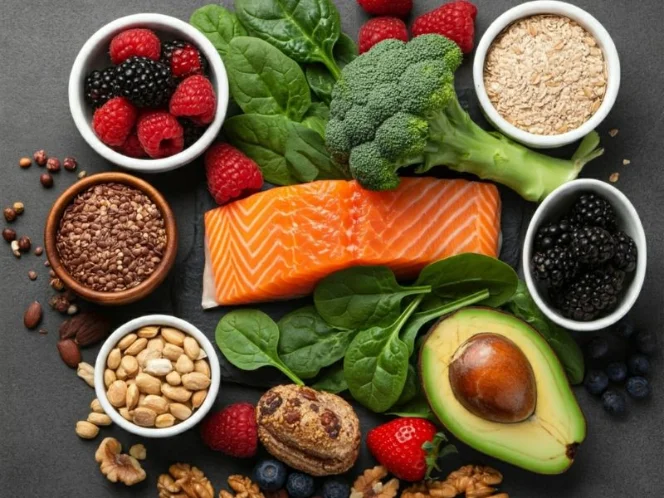
B Vitamins: The Energy Powerhouses
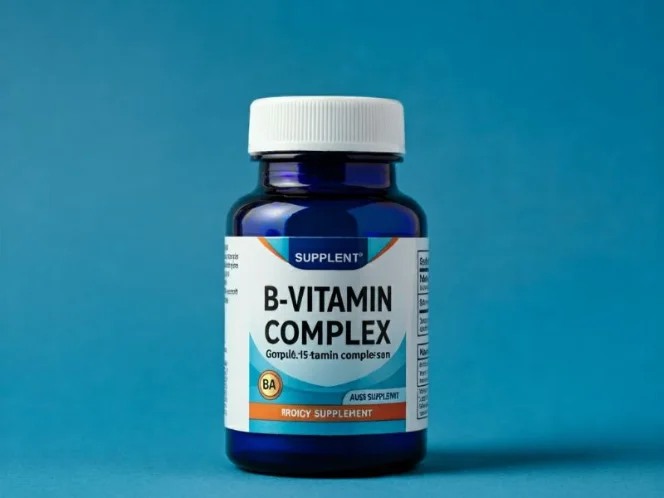
B vitamins are the masterminds behind energy metabolism, turning the food you eat into the fuel that powers your workouts. Think of them as the spark plugs that ignite your engine, converting carbohydrates, fats, and proteins into ATP (adenosine triphosphate), the energy currency of your cells.
Among the B vitamins, several stand out as particularly important for athletes:
- B1 (Thiamine): Plays a crucial role in carbohydrate metabolism, ensuring your body can efficiently utilize glucose for energy during exercise.
- B2 (Riboflavin): Involved in energy production from all three macronutrients, as well as in red blood cell formation, essential for oxygen transport to your muscles.
- B3 (Niacin): Contributes to energy metabolism and also plays a role in maintaining healthy skin, nerves, and digestion.
- B6 (Pyridoxine): Essential for protein metabolism, red blood cell production, and immune function.
- B12 (Cobalamin): Critical for red blood cell formation, nerve function, and DNA synthesis. It also plays a role in energy metabolism.
A deficiency in any of these B vitamins can lead to fatigue, weakness, and decreased athletic performance. Ensuring adequate intake through a balanced diet or supplementation can help you stay energized and perform at your best.
Vitamin C: The Antioxidant Defender & Recovery Booster

Vitamin C is your body’s antioxidant powerhouse, protecting your cells from damage caused by free radicals generated during exercise. It also plays a key role in collagen synthesis, a protein essential for healthy skin, tendons, ligaments, and cartilage – all crucial for athletic performance and injury prevention.
Furthermore, vitamin C supports immune function, helping your body fight off infections and recover faster from workouts. Studies suggest that vitamin C supplementation may even reduce muscle soreness and inflammation after exercise.
Vitamin D: The Sunshine Vitamin for Strong Bones and Muscles

Vitamin D is often called the “sunshine vitamin” because your body can produce it when exposed to sunlight. This essential nutrient is crucial for calcium absorption, which is vital for bone health, muscle function, and nerve transmission.
Athletes, especially those who train indoors or live in areas with limited sunlight, may be at risk of vitamin D deficiency. Low levels of vitamin D have been associated with decreased muscle strength, impaired muscle recovery, and an increased risk of stress fractures. Ensuring adequate vitamin D intake through sunlight exposure, diet, or supplementation can help optimize bone health and support athletic performance.
Iron: The Oxygen Carrier for Endurance
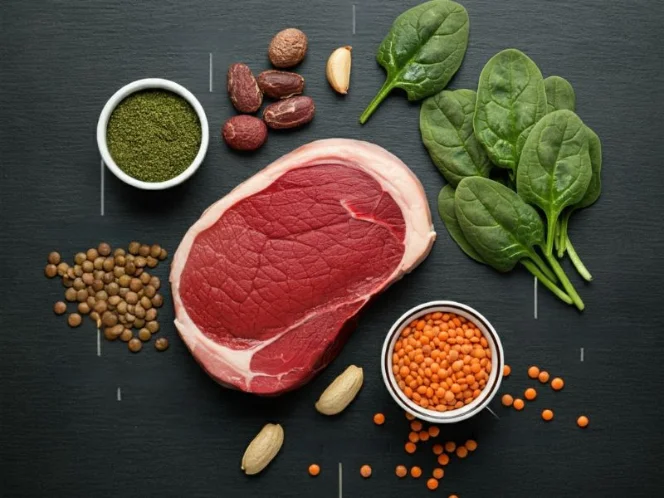
Iron is a mineral that’s crucial for transporting oxygen throughout your body. It’s a key component of hemoglobin, a protein in red blood cells that carries oxygen from your lungs to your muscles and other tissues.
Endurance athletes, like runners and cyclists, have a higher risk of iron deficiency due to increased iron losses through sweat and red blood cell breakdown during exercise. Low iron levels can lead to fatigue, shortness of breath, and decreased performance.
Female athletes are particularly susceptible to iron deficiency due to menstruation. Ensuring adequate iron intake through diet or supplementation is crucial for optimal oxygen delivery and sustained energy during endurance activities.
Calcium: The Bone-Building Champion
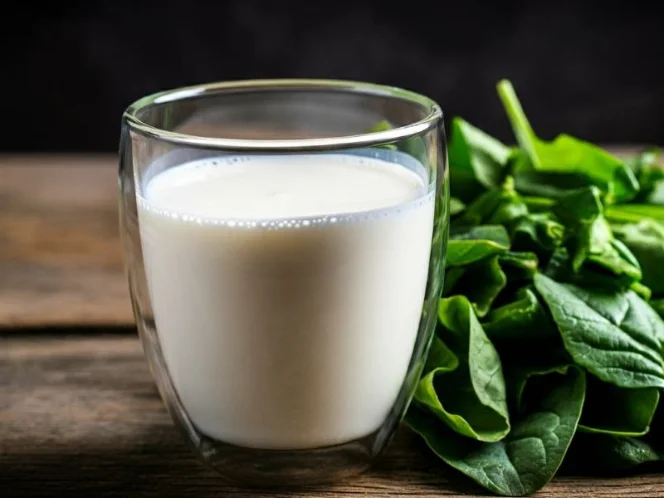
Calcium is a mineral that’s synonymous with bone health. It’s the most abundant mineral in your body, and it’s essential for building and maintaining strong bones and teeth. But calcium also plays a crucial role in muscle contraction, nerve function, and blood clotting.
Athletes, especially those involved in high-impact sports, put a lot of stress on their bones. Adequate calcium intake is crucial for preventing stress fractures and maintaining bone health throughout their athletic careers. Female athletes, in particular, may need to pay extra attention to their calcium intake, as they are at higher risk of osteoporosis later in life.
Magnesium: The Relaxation Mineral

Magnesium is a mineral involved in over 300 biochemical reactions in your body, making it essential for various functions, including:
- Energy Production: Magnesium plays a role in converting food into energy, supporting optimal athletic performance.
- Muscle Function: It helps regulate muscle contraction and relaxation, preventing cramps and promoting recovery.
- Electrolyte Balance: Magnesium works with other electrolytes like sodium and potassium to maintain fluid balance and nerve function.
- Sleep Quality: Magnesium has calming properties that can help improve sleep quality, which is crucial for recovery and overall well-being.
Zinc: The Immunity & Recovery Booster

Zinc is a trace mineral that plays a crucial role in immune function, protein synthesis, and wound healing. For athletes, zinc is especially important for supporting a healthy immune system and promoting recovery after intense training sessions.
Zinc deficiency can lead to impaired immune function, delayed wound healing, and decreased athletic performance. Ensure you’re getting enough zinc through your diet or supplementation to keep your body strong and resilient.
By understanding the roles of these key micronutrients and their impact on athletic performance, you can make informed choices about your diet and ensure you’re providing your body with the tools it needs to thrive.
Micronutrient Needs for Different Types of Athletes: Tailoring Your Nutrition for Peak Performance

Just as training plans differ across various sports, so do micronutrient needs. While the fundamentals remain the same, athletes engaging in different types of activities have unique demands on their bodies. Let’s explore how specific micronutrients can be fine-tuned to support the varying needs of endurance athletes, strength athletes, team sport athletes, and those with specific dietary preferences or physiological considerations.
Endurance Athletes: Going the Distance with Key Micronutrients

Endurance athletes, such as marathon runners, cyclists, and swimmers, put their bodies through prolonged periods of intense exertion. This places a greater demand on their energy systems and increases the risk of nutrient depletion through sweat and exertion.
Key micronutrients for endurance athletes include:
- B vitamins: These energy powerhouses are crucial for converting carbohydrates into fuel, ensuring sustained energy levels throughout long workouts or competitions.
- Iron: Iron is essential for oxygen transport, a critical factor in endurance performance. Iron deficiency can lead to fatigue and decreased aerobic capacity.
- Calcium and Magnesium: These minerals play a vital role in muscle function, electrolyte balance, and bone health, all of which are crucial for endurance athletes.
Endurance athletes should focus on consuming a diet rich in whole grains, fruits, vegetables, and lean protein to meet their increased micronutrient needs. They may also benefit from targeted supplementation, especially for iron and B vitamins, under the guidance of a qualified professional.
Strength Athletes: Building Powerhouses with Essential Micronutrients

Strength athletes, like weightlifters and bodybuilders, focus on building muscle mass and strength. This requires a different nutritional approach compared to endurance athletes, with a focus on protein intake and specific micronutrients that support muscle growth and recovery.
Key micronutrients for strength athletes include:
- Protein: While technically a macronutrient, protein is essential for muscle building and repair. Strength athletes typically need a higher protein intake compared to other athletes.
- Calcium and Vitamin D: These nutrients are critical for bone health, which is crucial for supporting heavy loads and preventing injuries.
- Zinc: This mineral plays a role in protein synthesis and testosterone production, both essential for muscle growth and strength gains.
Strength athletes should prioritize protein-rich foods like lean meats, poultry, fish, eggs, and dairy, as well as calcium-rich foods like leafy green vegetables and fortified dairy products. Supplementing with vitamin D and zinc may also be beneficial, especially if dietary intake is inadequate.
Team Sport Athletes: Balancing Act for Optimal Performance

Team sport athletes, such as soccer, basketball, and hockey players, engage in a mix of high-intensity bursts and sustained moderate-intensity activity. They need a balanced approach to micronutrient intake to support both power and endurance demands.
Key micronutrients for team sport athletes include:
- B Vitamins: For energy metabolism and sustained performance during long games or practices.
- Iron: For oxygen transport and endurance.
- Calcium and Magnesium: For muscle function, electrolyte balance, and bone health.
- Zinc and Vitamin C: For immune support and recovery.
A balanced diet rich in whole foods is essential for team sport athletes. They may also benefit from targeted supplementation to support their specific needs and training demands.
Vegan and Vegetarian Athletes: Plant-Powered Performance
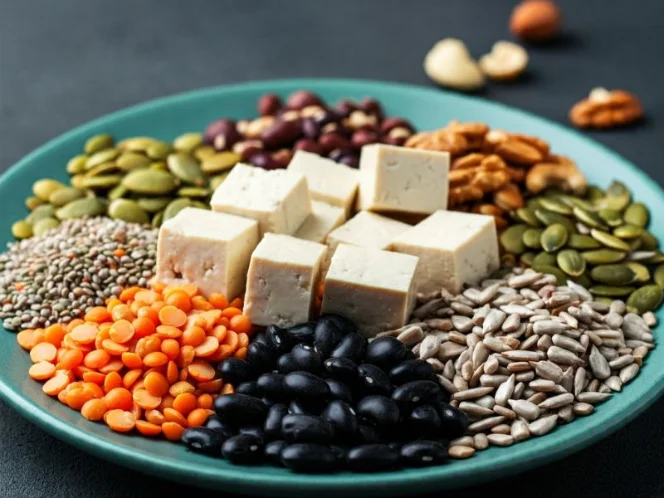
Vegan and vegetarian athletes can achieve peak performance with a well-planned plant-based diet. However, they need to pay extra attention to certain micronutrients that may be less abundant or less bioavailable in plant foods.
Key considerations for plant-based athletes include:
- Vitamin B12: This vitamin is primarily found in animal products, so vegan athletes need to ensure they’re getting enough through fortified foods or supplements.
- Iron: Plant-based sources of iron are less readily absorbed by the body compared to animal sources. Vegan athletes may need to focus on iron-rich plant foods and consider supplementation if necessary.
- Calcium: Dairy products are a major source of calcium, so vegan athletes need to incorporate other calcium-rich foods like leafy greens, fortified plant milks, and tofu.
Female Athletes: Addressing Unique Needs
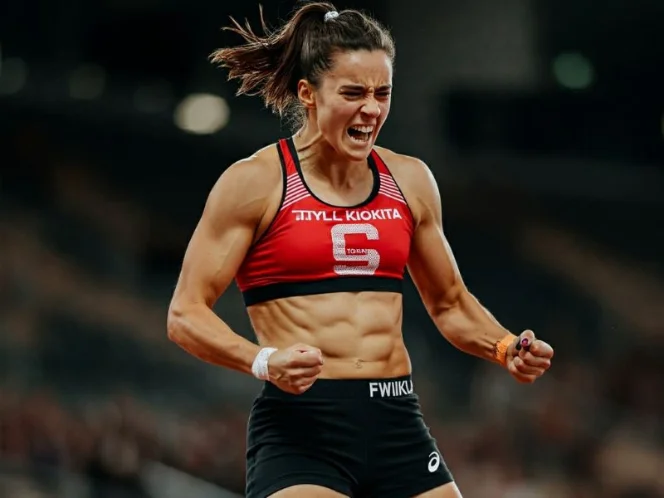
Female athletes have unique nutritional needs due to menstruation and hormonal fluctuations. They’re at a higher risk of iron deficiency and may also benefit from increased calcium and vitamin D intake for bone health.
Key considerations for female athletes include:
- Iron: Monitor iron levels regularly and ensure adequate intake through diet or supplementation, especially during heavy training periods or if experiencing heavy menstrual bleeding.
- Calcium and Vitamin D: Prioritize calcium-rich foods and consider vitamin D supplementation, particularly if sun exposure is limited.
By addressing these specific needs, female athletes can support their overall health, optimize their performance, and prevent nutrient deficiencies.
Remember, regardless of your athletic pursuits, a well-planned diet rich in whole foods is the foundation for optimal performance. By understanding your unique micronutrient needs and making informed choices, you can fuel your body for success and achieve your fitness goals.
Meeting Your Micronutrient Needs: Food First, Supplements Second
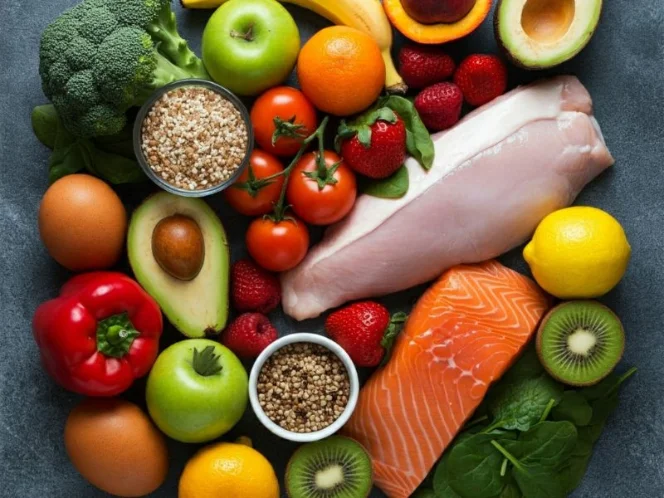
You’re now well-versed in the vital roles micronutrients play in fueling your athletic performance. But how can you ensure you’re getting enough of these essential vitamins and minerals? While supplements can be a helpful tool, the foundation of a healthy athlete’s diet should always be whole, nutrient-rich foods. Let’s delve into the strategies for meeting your micronutrient needs and optimizing your performance from the inside out.
Prioritize a Balanced Diet: Nature’s Nutritional Powerhouse

The best way to get the micronutrients your body craves is through a balanced and varied diet. Mother Nature provides a bounty of nutrient-rich foods, each packed with essential vitamins and minerals to support your athletic endeavors.
Focus on incorporating the following into your daily meals:
- Fruits and vegetables: These colorful powerhouses are brimming with vitamins, minerals, and antioxidants that protect your cells, boost immunity, and support overall health. Aim for a variety of colors to ensure you’re getting a wide range of nutrients.
- Whole grains: These provide B vitamins for energy production, fiber for digestive health, and other essential nutrients like magnesium and zinc. Choose brown rice, quinoa, oats, and whole-wheat bread over refined grains.
- Lean protein: Protein sources like chicken, fish, beans, lentils, and tofu provide not only essential amino acids for muscle repair and growth but also key micronutrients like iron and zinc.
- Healthy fats: Nuts, seeds, avocados, and fatty fish offer healthy fats that support hormone production, nutrient absorption, and joint health. They also provide essential fatty acids like omega-3s, which have anti-inflammatory benefits.
By prioritizing whole, unprocessed foods, you’ll be nourishing your body with the micronutrients it needs to perform at its best and recover effectively.
Supplements: The Supporting Cast, Not the Main Act
While a balanced diet should be your primary source of micronutrients, supplements can play a supporting role in filling any gaps or addressing specific needs. Athletes with increased demands due to intense training, dietary restrictions, or certain medical conditions may benefit from targeted supplementation.

However, it’s crucial to remember that supplements should not replace a healthy diet. They’re meant to supplement your nutritional intake, not be the sole source of essential vitamins and minerals. Over-reliance on supplements can lead to imbalances and even potential health risks.
Consult a Professional: Personalized Guidance for Peak Performance
Navigating the world of micronutrients and supplements can be overwhelming. If you’re unsure about your specific needs or have any concerns, it’s always best to consult with a registered dietitian or sports nutritionist.
These qualified professionals can assess your dietary intake, training regimen, and overall health to identify any potential deficiencies or areas for improvement. They can also provide personalized recommendations for supplements, ensuring you’re getting the right nutrients in the right amounts to support your athletic goals.
By prioritizing whole foods and using supplements wisely under professional guidance, you’ll be creating a solid nutritional foundation for optimal performance, recovery, and overall well-being. Remember, food is your fuel, and micronutrients are the key ingredients that keep your engine running smoothly.
Conclusion: Unleash Your Full Potential with Micronutrient Mastery

We’ve journeyed through the fascinating world of micronutrients, uncovering their crucial roles in athletic performance, recovery, and overall health. From the energy-boosting B vitamins to the bone-strengthening calcium and the immune-supporting zinc, these tiny titans play an indispensable role in fueling your body’s engine and unlocking your full athletic potential.
We’ve explored how different types of athletes have unique micronutrient needs, from endurance athletes requiring ample B vitamins and iron to strength athletes prioritizing protein, calcium, and vitamin D. We’ve also emphasized the importance of a balanced, whole-foods diet as the foundation of your nutritional strategy, with supplements serving as a supportive tool rather than a replacement.
Fuel Your Body, Ignite Your Performance
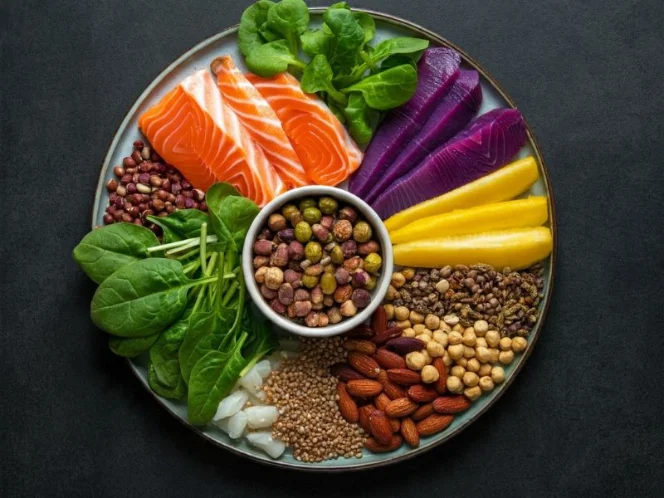
Now that you’re armed with this knowledge, it’s time to take action and optimize your micronutrient intake for peak performance.
- Embrace the Rainbow: Fill your plate with a colorful variety of fruits, vegetables, whole grains, lean protein, and healthy fats to ensure you’re getting a broad spectrum of essential vitamins and minerals.
- Consult a Professional: Seek guidance from a registered dietitian or sports nutritionist to assess your individual needs and create a personalized nutrition plan that supports your athletic goals.
- Supplement Wisely: If necessary, consider supplementing with specific micronutrients under the guidance of a healthcare professional.
- Listen to Your Body: Pay attention to any signs of fatigue, weakness, or impaired performance, as they may indicate a potential micronutrient deficiency.
By prioritizing a nutrient-rich diet and using supplements strategically, you’ll be fueling your body with the essential building blocks it needs to thrive. Remember, optimal performance isn’t just about training hard – it’s about nourishing your body from the inside out.
Embrace the power of micronutrients and watch as you unlock new levels of energy, endurance, and athletic success. Your body will thank you, and your performance will soar!

